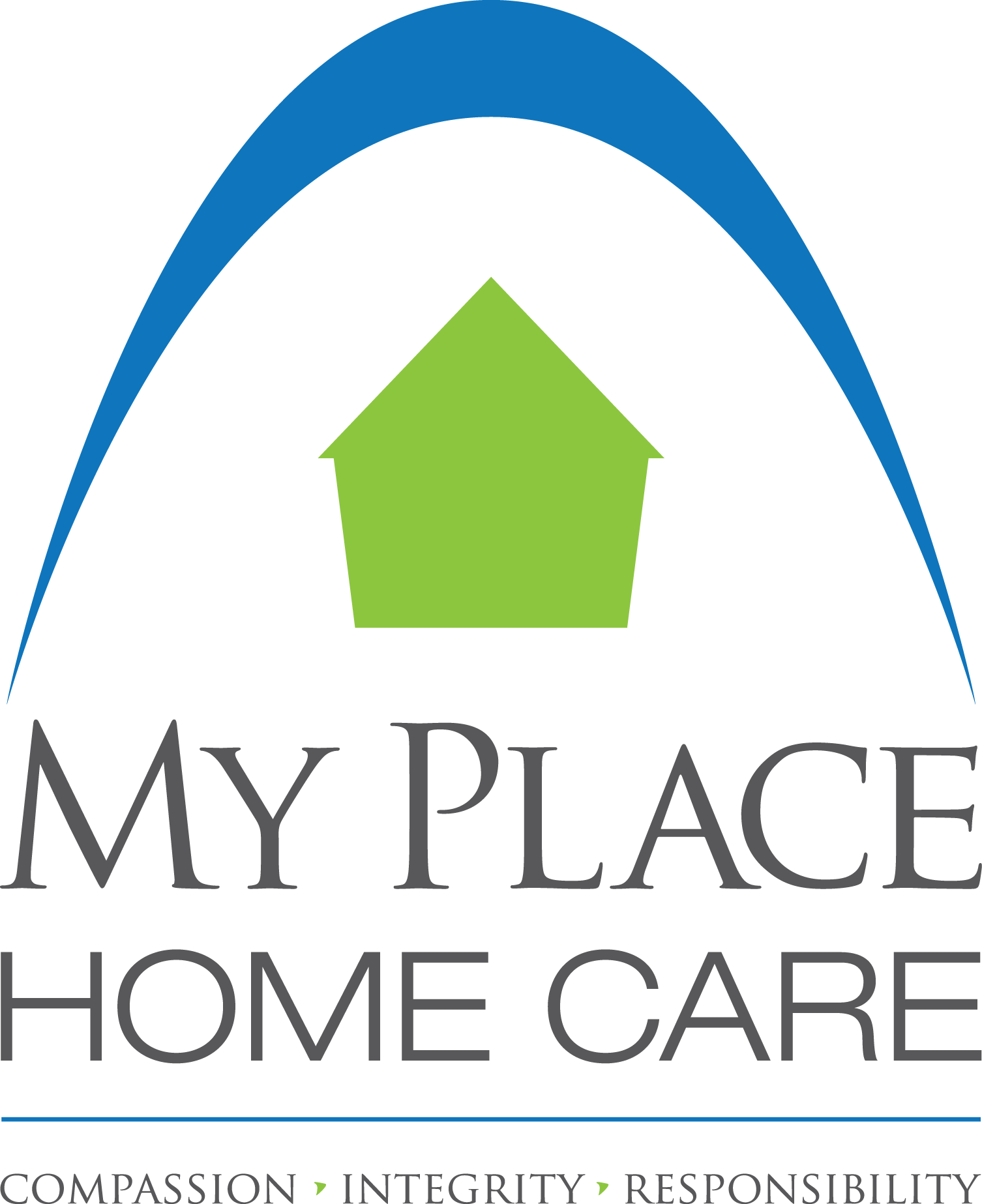
Staying safe while on the internet
Typically, daily, almost every single person spends some time on the internet, whether that is on Facebook, news websites, or other social media apps. It is very important to know that while you are on the internet, a lot of information is being gathered on you and used to target you specifically for products and services. Some companies have gone even further than just collecting data so they can target their products for your purchase and have ended up selling your information to other companies that may lead to negative results. It is important that while you are browsing Facebook for instance, that you pay very close attention to what you like, comment, or react to. If you like something that is political and can be seen as controversial, you may start to see more and more of this content frequently. Eventually it is all you will see, and you may start to believe a lot of what you are seeing.
** Do not trust what you see on Facebook and other social media platforms. **
You may hear this from other family members and that means you need to check legitimate news sources and confirm that information using multiple sources. Over the last 5 years, many people have fallen into the trap of false information, which is primarily spread through Facebook. A group called Qanon has been behind many conspiracy theories that are completely unfounded.
Overall, we urge you to spend time looking at real news stories and if you read something that may seem farfetched, it most likely is and you should either report it (if seen on Facebook) or immediately leave the page and move on to something else.
The other thing to be aware about is scam phone calls and emails. We have all gotten calls from a random number telling us that the CRA needs our social insurance number so they can update your information, or you owe a certain amount of money and if you do not pay it the police will come arrest you. The government or credit card company will never call you to tell you that you owe money and need to pay it right away.
I personally received a call from a group claiming to be my bank and letting me know that I needed to change my password and not to look at my account since it had been compromised. It sounded legitimate at first, however as I was speaking to the individual, things were not making sense, so I told her I would call her back at the bank 1-800 number and she immediately hung up. They are getting more sophisticated with their scams. Therefore, if the call sounds legitimate, look up the company that is calling you and look up the customer service number to see if it matches. If not, hang up and call the customer service number and report the number that called you. Never ever give your social insurance number or credit card information over the phone unless you called the customer service number yourself or you are giving it to a company you called.
Email scams can be a little more difficult to detect. Some of them look very believable and others look very obvious. Only click on email link from companies that you are familiar with and make sure the email looks legitimate. You can also look up the company on google or your preferred search engine to see if it is real. You may even come to find out that it is a company that is known for sending fraudulent emails.
The last type of scam you could get is a text message link in messages or any messaging app you use. This can be something simple like an e-transfer that was sent to you or a video someone supposedly sent you. Always be cautious when opening these links. If it comes as a link for a package that you ordered or someone has sent you money, only click on it if someone actually sent you money or you ordered something. You can confirm both of these things by texting/calling someone that owes you money and remembering whether or not you ordered a package recently.
Be safe online and remain cautious of website and links that seem suspicious.
Contact us today for more information about Ottawa Home care and any of our services. Email at: info@myplacehomecare.ca or Call: 613-686-6366

